PeopleCert DevOps Leadership
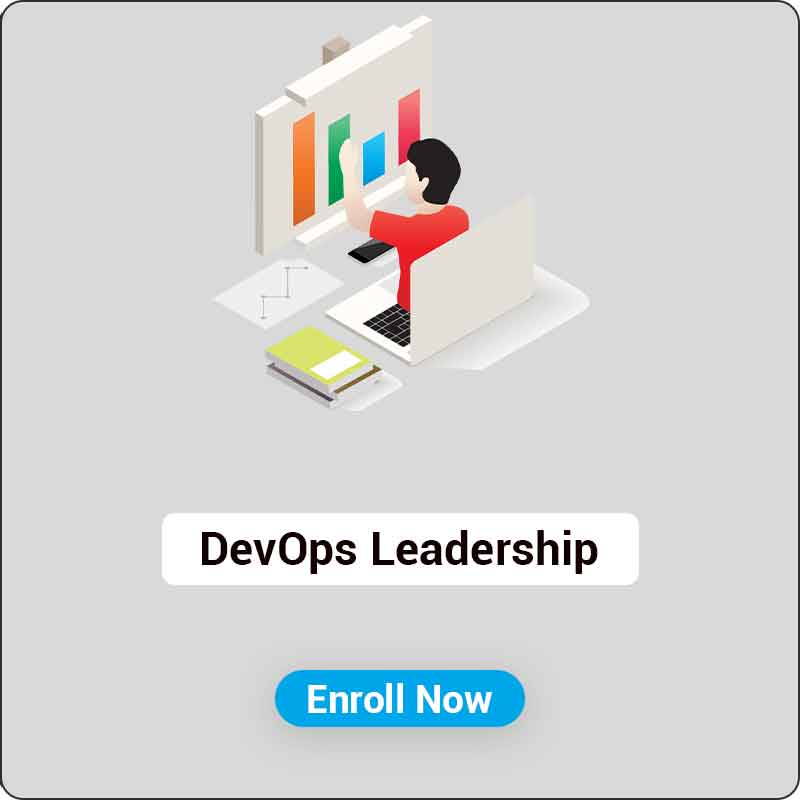
Accredited By
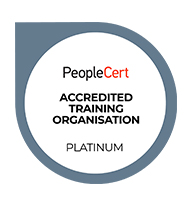
Course Package
Exam Voucher by PeopleCert
Official Training Material from PeopleCert
Official DevOps Leadership E-Book
Highly Experienced & Accredited Instructor
Live Instructor-Led Sessions
Real Life Examples & Case Studies
K-Prime Warranty
Course Features
-
Strategic Perspective: DevOps Leadership emphasises the strategic and organisational aspects of DevOps in addition to the technical aspects. It assists leaders in comprehending the value proposition of DevOps, aligning it with business objectives, and developing implementation strategies.
-
Cultural Transformation: Leadership in DevOps acknowledges the significance of cultural transformation in DevOps adoption. It provides executives with the knowledge and skills necessary to cultivate a collaborative, empowered, and inclusive culture that adheres to DevOps principles.
-
Change Management Focus: DevOps Leadership emphasises the significance of change management in propelling DevOps initiatives to success. It equips executives with frameworks and strategies for managing change, overcoming resistance, and ensuring a seamless transition to a DevOps working style.
-
Collaboration and Communication: DevOps Leadership emphasises the importance of teamwork and effective communication across departments and teams. It equips executives with the skills necessary to facilitate collaboration, develop solid relationships, and ensure stakeholder alignment.
-
Continuous Improvement Mindset: By incorporating feedback loops, metrics, and measurement into leadership practises, DevOps Leadership promotes a continuous improvement mindset. It assists leaders in identifying development opportunities, optimising performance, and fostering a culture of learning and innovation.
-
Industry Recognition: DevOps Leadership certifications are widely acknowledged in the industry and provide individuals with a valuable credential that demonstrates their expertise and dedication to driving DevOps transformations.
Target audience
The target audience for DevOps Leadership typically includes:
-
IT Managers and Directors
-
Project Managers
-
IT Operations Managers
-
Development Managers
-
Quality Assurance Managers
-
Agile Coaches and Scrum Masters
-
CIOs and IT Executives
-
Change and Transformation Managers
-
Business Managers and Leaders
Pre-requisites

Exam and Certification information
Exam Details:
-
Exam Type: Multiple Choice Questions (MCQs)
-
No. of Questions: 20
-
Exam Duration: 60 minutes
-
Pass Marks: 14 out of 20 (70%)
-
Exam Type: Closed Book
PeopleCert DevOps Leadership Certification Journey
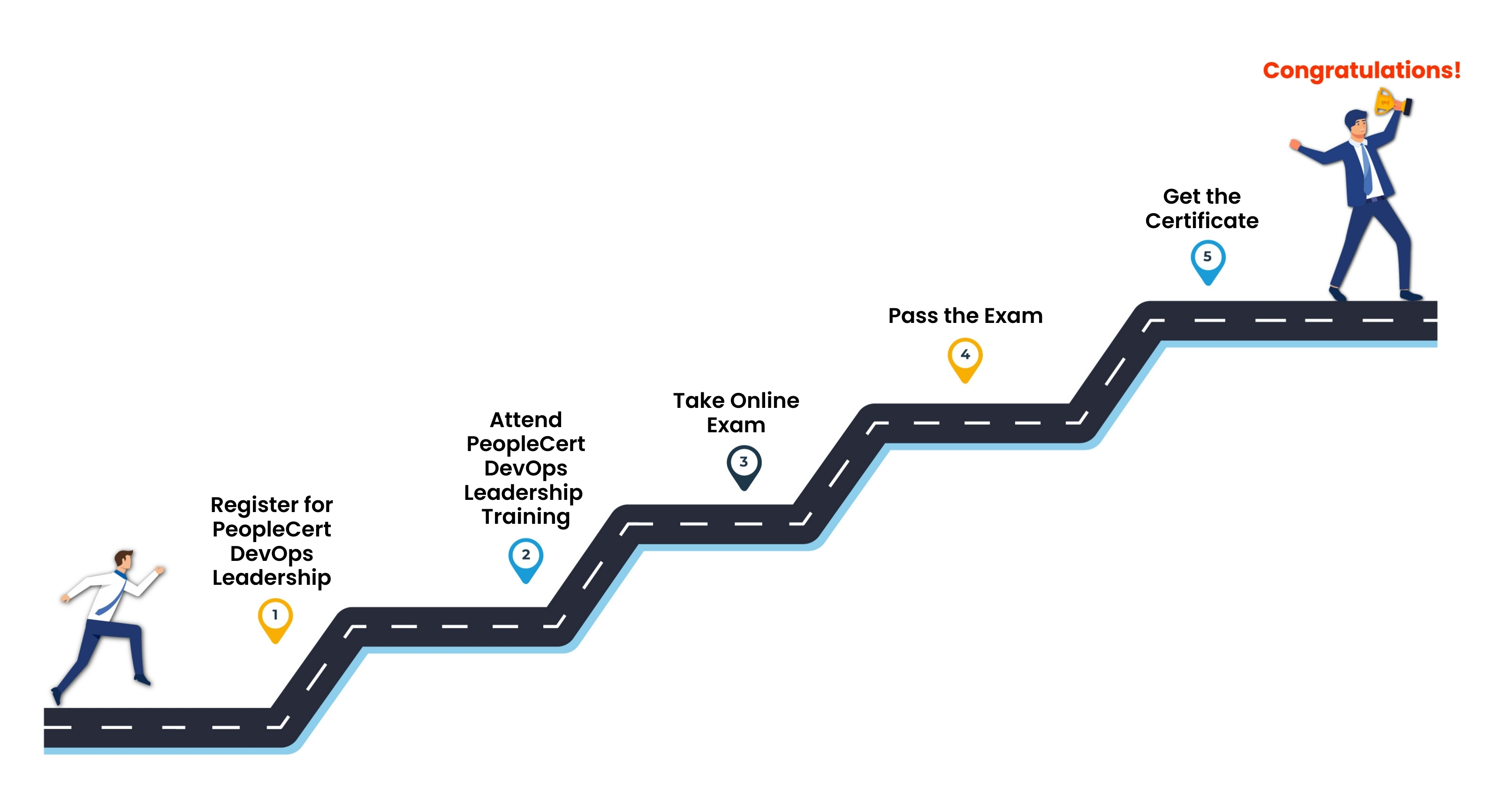
Course Outline
- 1.1 Understanding the role of leadership in DevOps transformation
- 1.2 Exploring the benefits and challenges of DevOps adoption
- 2.1 Creating a culture of collaboration, trust, and continuous learning
- 2.2 Building a DevOps mindset within the organization
Why Knowlathon








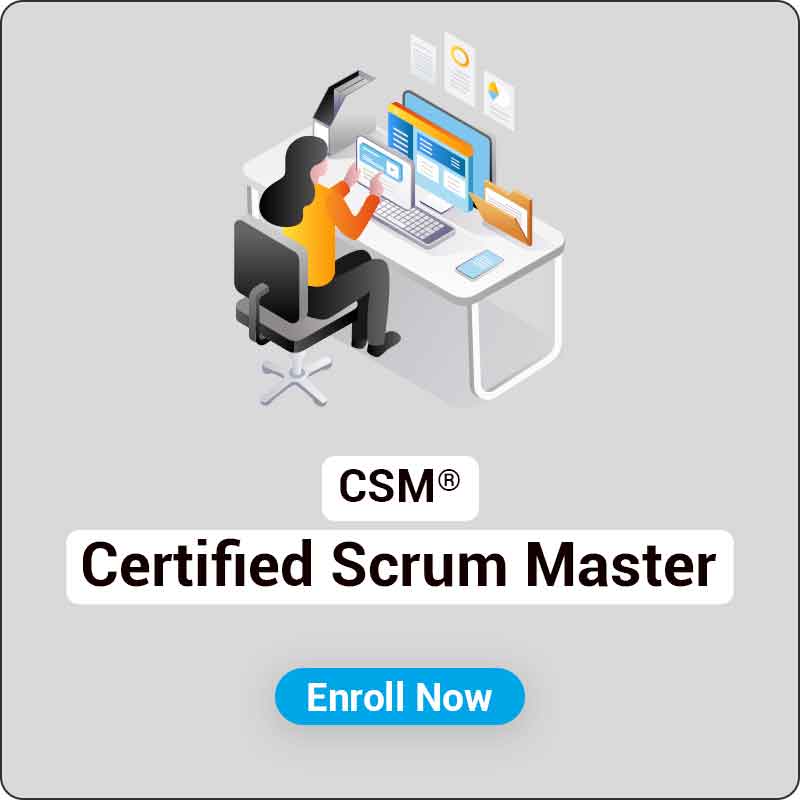
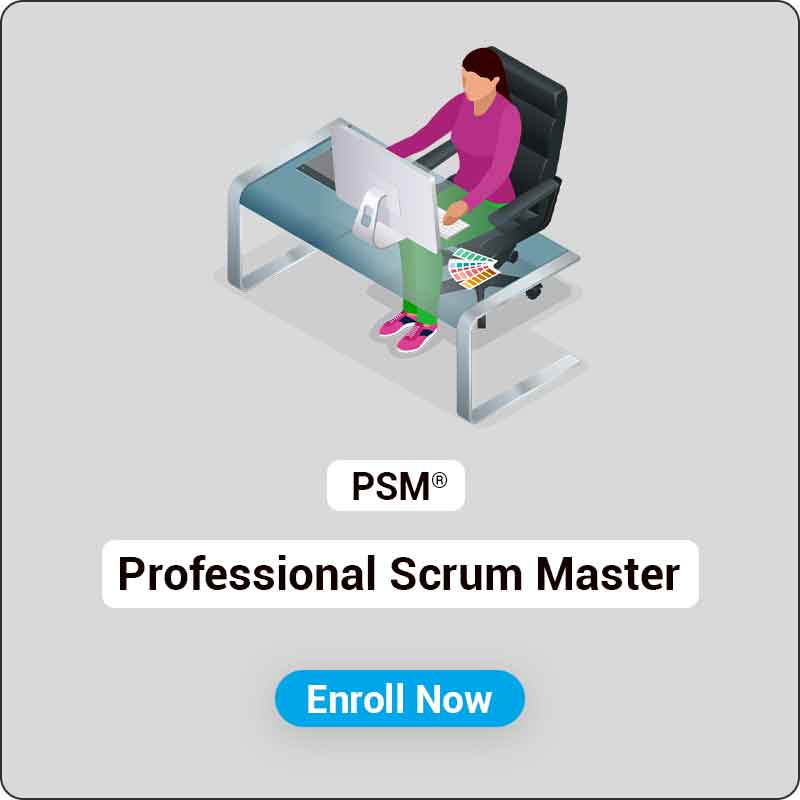
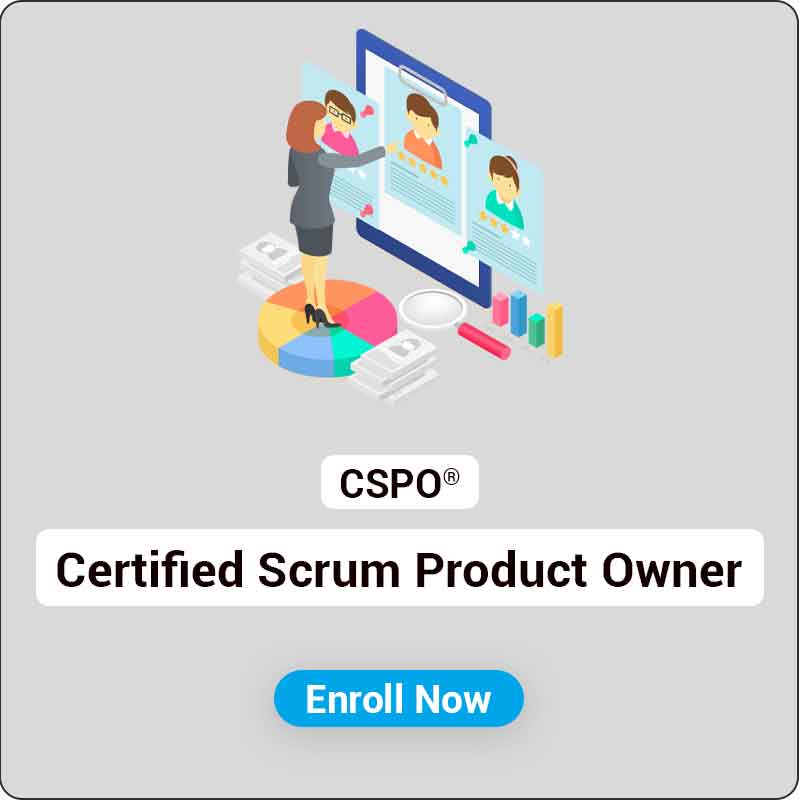
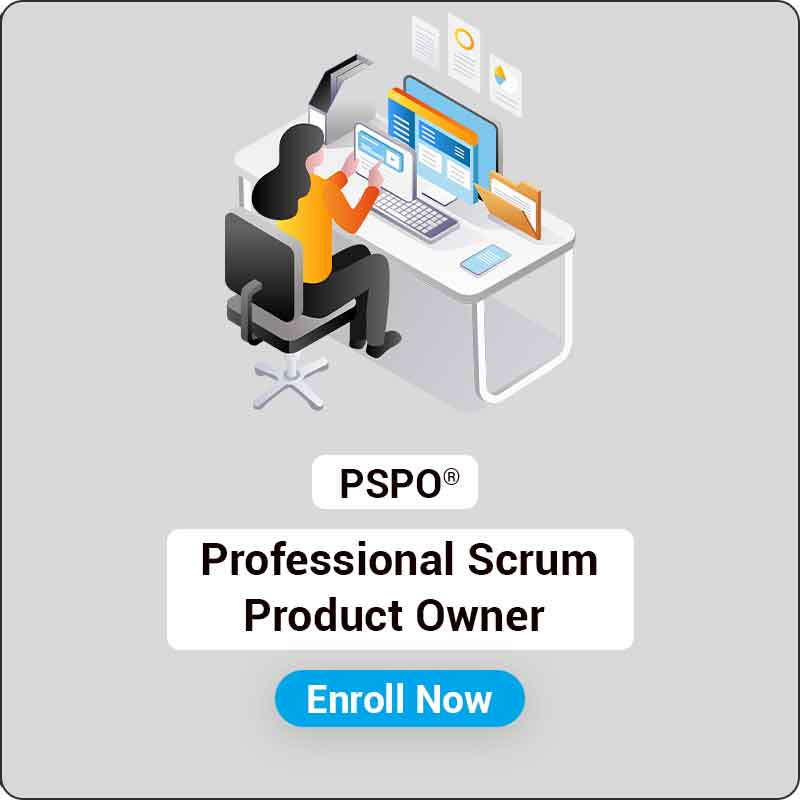
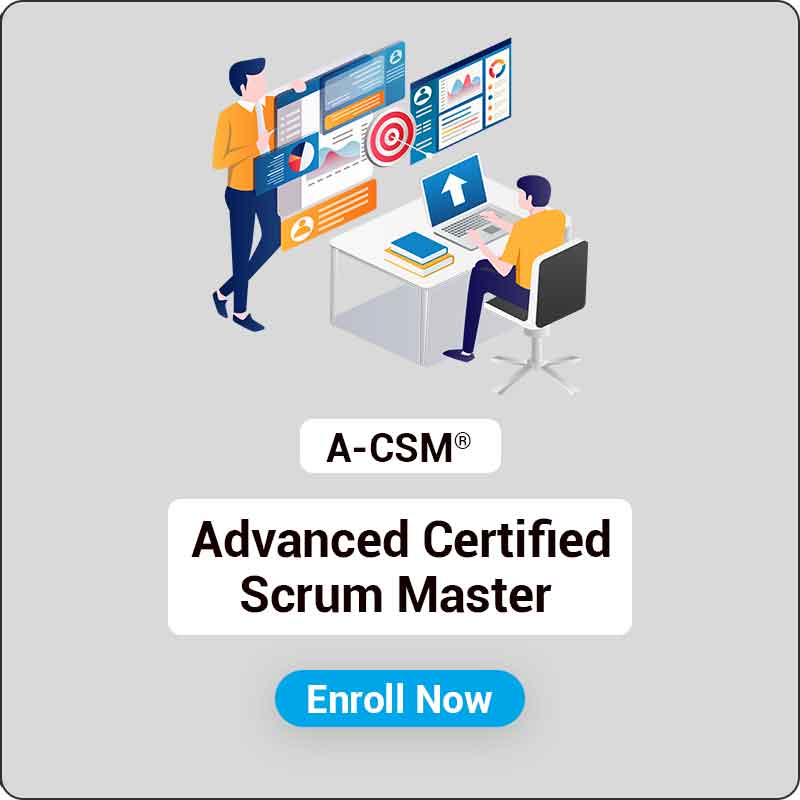
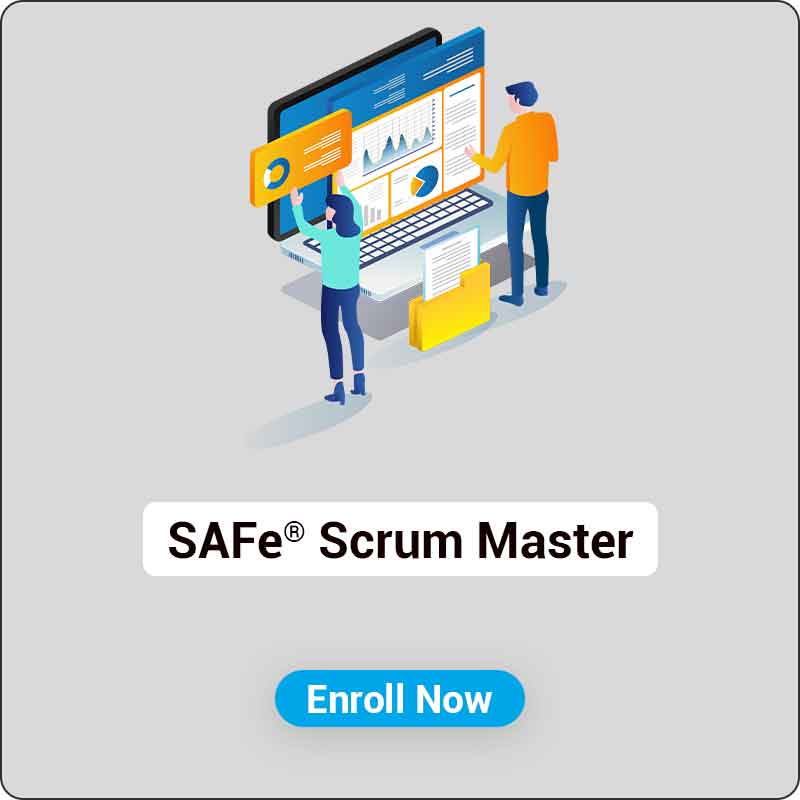
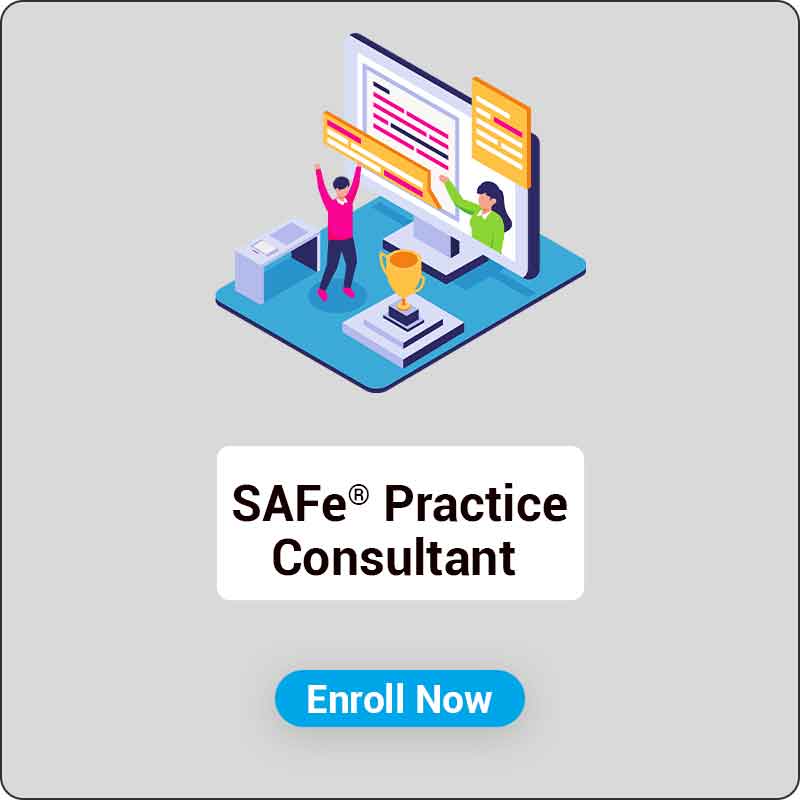
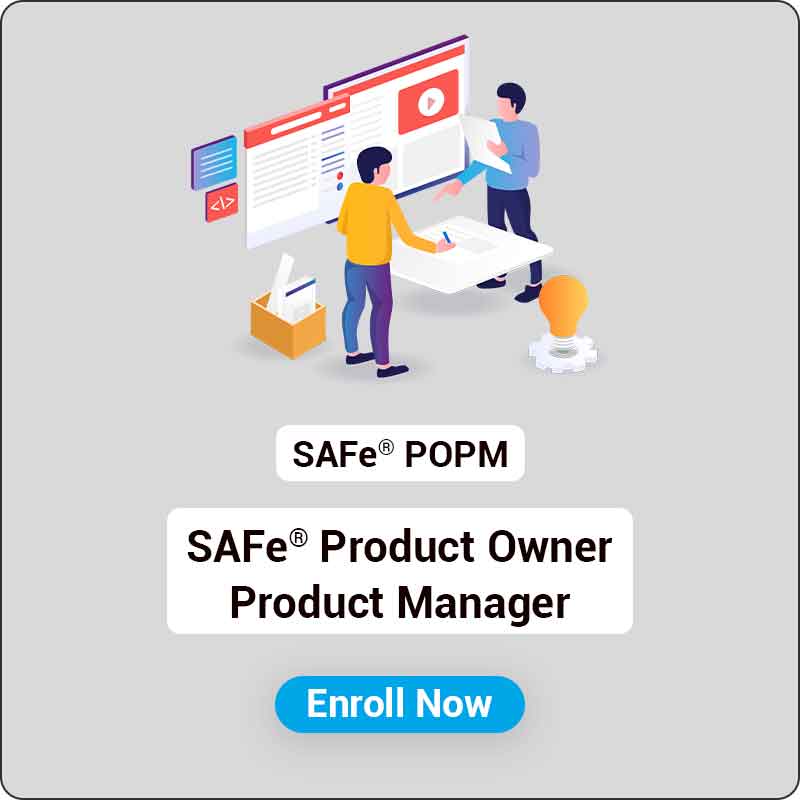
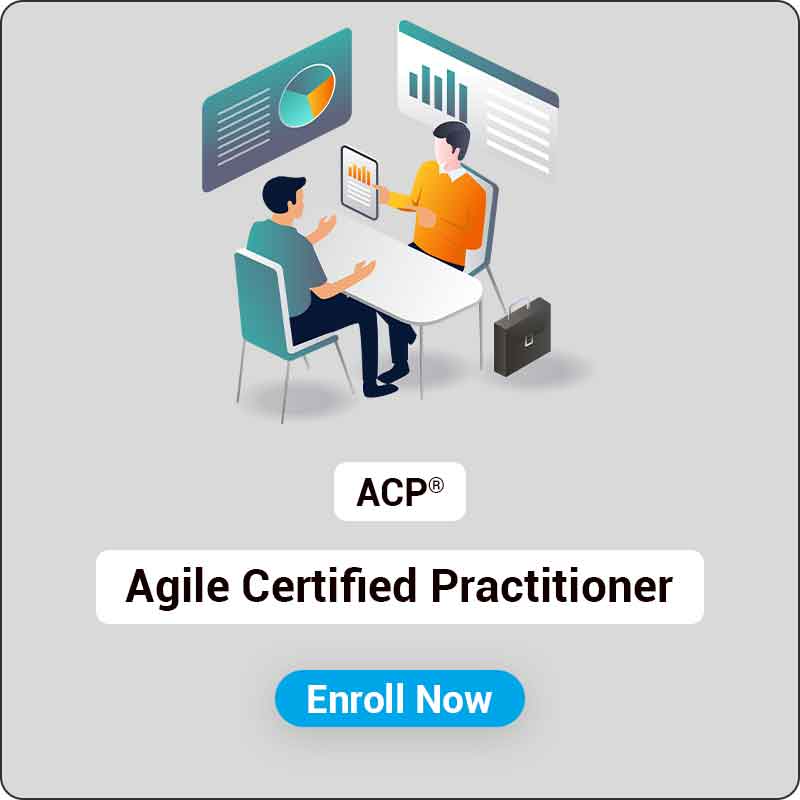
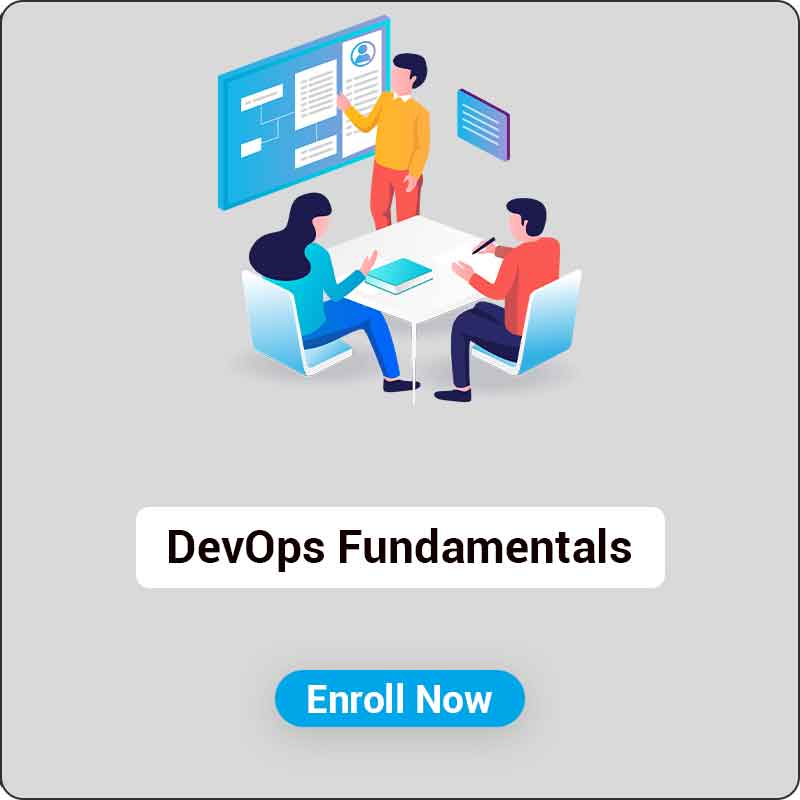
.png)

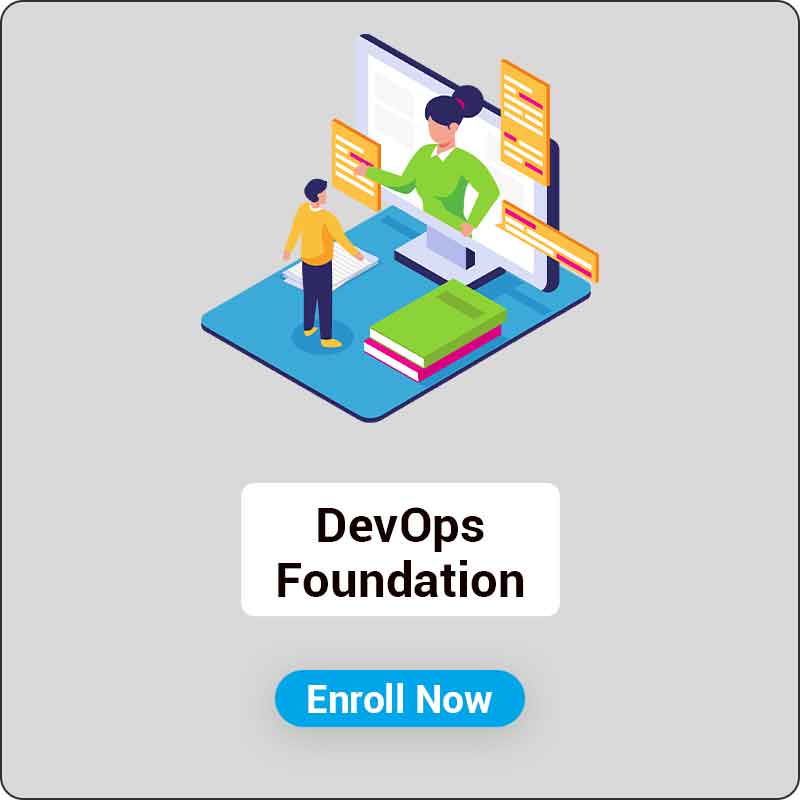
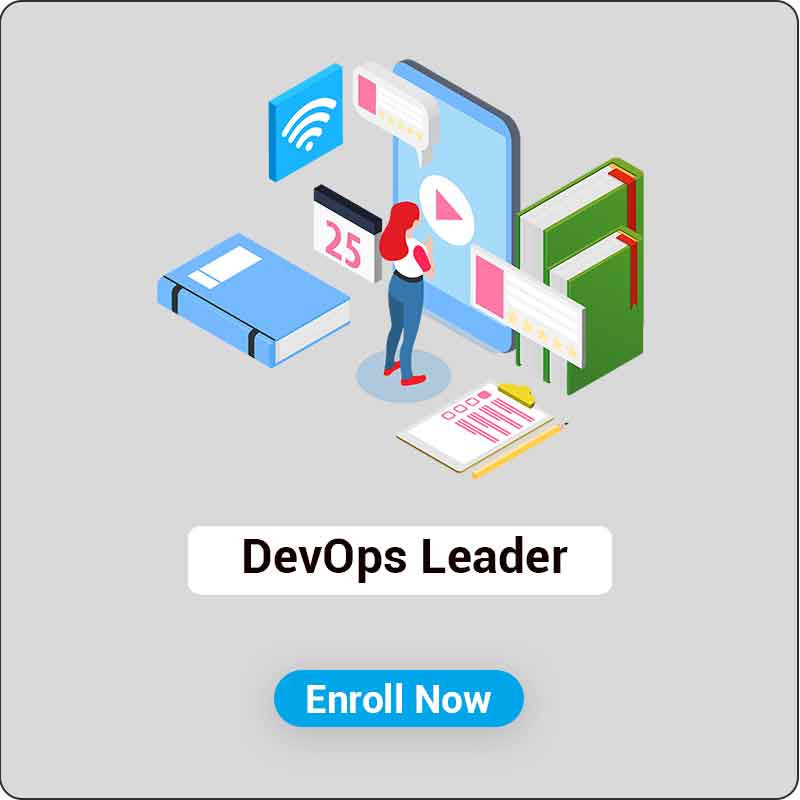
-foundation.jpg)
-practitioner.jpg)
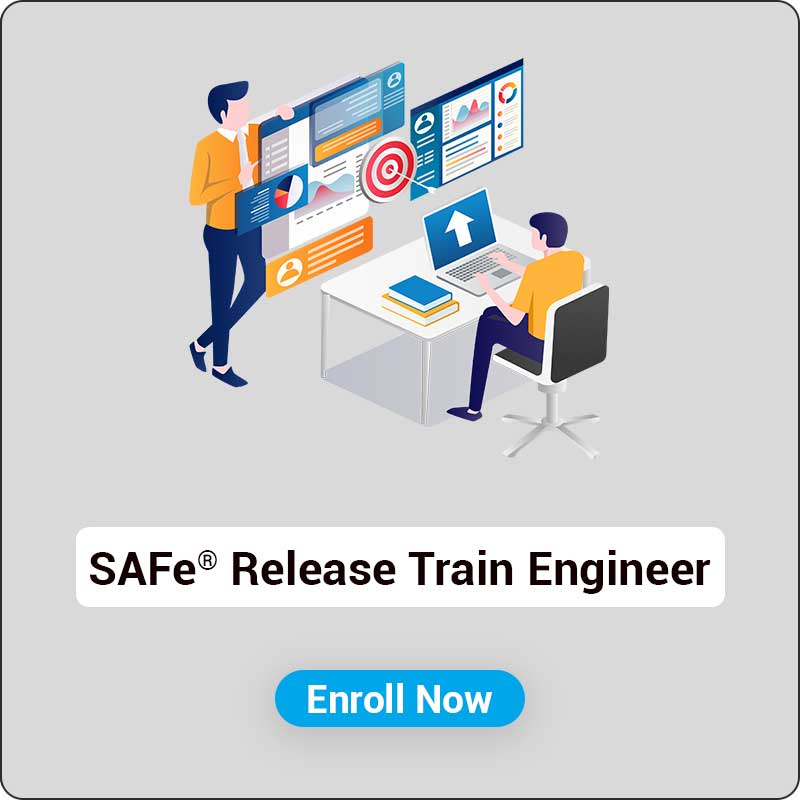

Student feedback
Reviews